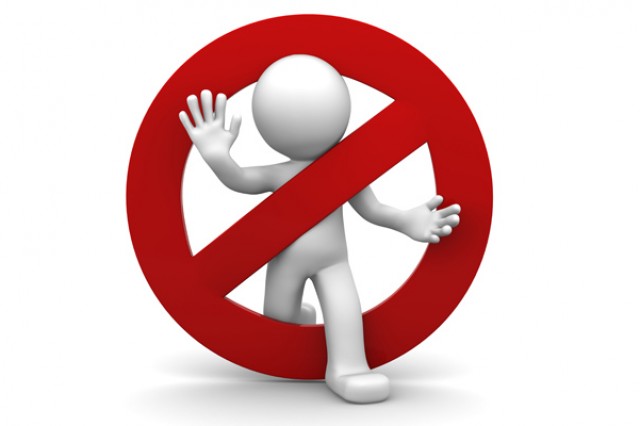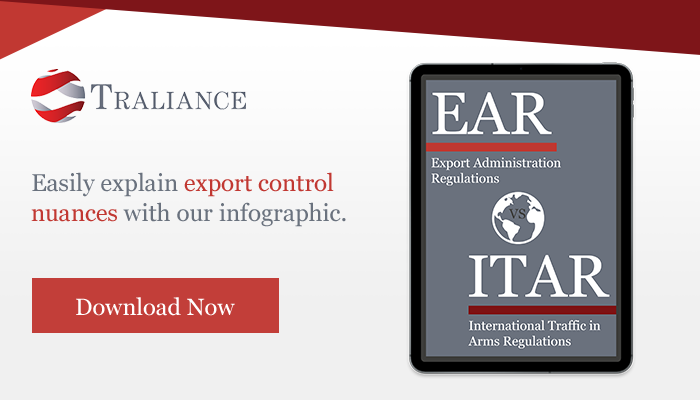
Presumption of Denial
China Aerospace Science and Industry Corporation Second Academy
Hebei Far East Communication System Engineering
CETC Research Institute
CASIC Academy of Defense Technology
These four organizations all sound like solid scientific organizations that your company or university might considering doing business with. Their science, engineering, and/or research may be top notch. BUT WAIT! Take pause before moving forward. What do they have in common?
Presumption of denial. You’ve likely heard the phrase, but you do you know what that means?
Per a final rule (published on August 1, 2018 by way of the Federal Register notice 83 FR 37423) from the Department of Commerce Bureau of Industry and Security (BIS), all of these organizations have been placed on the BIS Entity List. Coming out of the ZTE and export controls enforcement case and settlement, it is not surprising that this final rule is focused on Chinese organizations. In total, the latest final rule added forty-four (44) entities to the Entity List.
What is the Entity List?
The Entity List is one of the end-user based controls that exist in the Export Administration Regulations (EAR), administered by BIS. That means it’s based on WHO you are trying to do business with. A license is required to export, reexport, and transfer (in-country) all items subject to the EAR to any party on the Entity List. So, what does that mean? It basically means your company or university must have a license – in advance – for anything that falls under the jurisdiction of the EAR, regardless of its actual export control classification number.
Can We Apply for a License?
Yes, you can apply for a license to do business with organizations on the Entity List. But it is very likely that BIS will not grant that license. That’s what the phrasing “presumption of denial” in the federal register notice means.
Can We Send EAR99 Items?
Not without a license from BIS. For any party on the BIS Entity List, there is a license requirement for all items subject to the EAR. That includes EAR99 items – items that are subject to the EAR, but don’t have any specific controls under a particular export classification number (ECCNs).
Can We Use a License Exception?
Unfortunately, no. No license exceptions can be used to export, reexport, or otherwise share goods, technology, or software (subject to the EAR) with an organization on the Entity List. That includes commonly used ones, such as TMP for temporary exports and reexports. Note, you will not see this restriction stated under each individual License Exception in the EAR. There are broad restrictions on using all license exceptions – this is one of them.
Are There More Lists to Check?
Yes. The Entity List is only one of many Denied Parties Lists that you should be aware of. And you should be screening against all the multiple lists on a regular basis. There are various commercial software packages that can assist with this. If your budget doesn’t allow for a commercial package, a Google search will not suffice. However, you can leverage the free resource from the U.S. government for screening against the Consolidated Screening Lists. Don’t forget to save the results of your screening (and any follow-up to identify false positives) as evidence of your company’s due diligence.
What’s the Bottom Line?
Denied parties screening is a key element of any strong export compliance program. This is true for both EAR compliance and ITAR compliance. If your export compliance program is just getting started, think about starting here.




